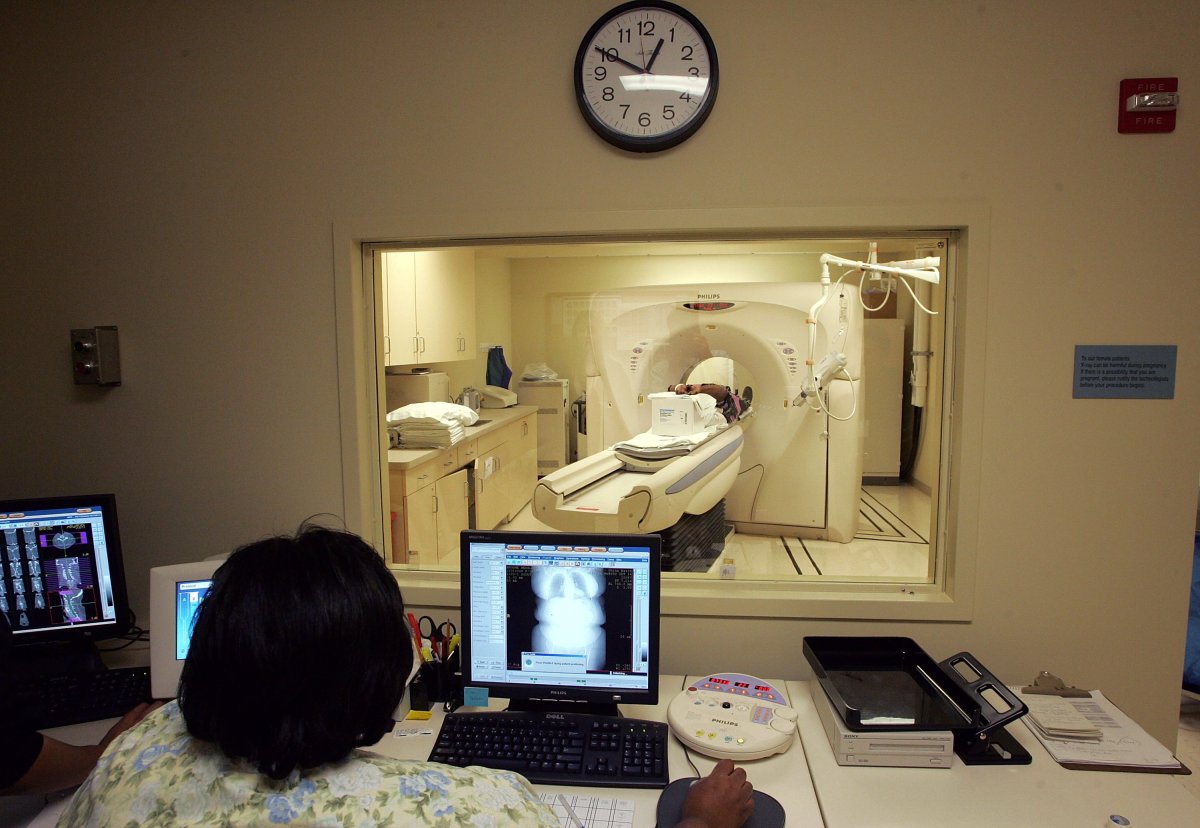Women who were on Medicaid saw a higher risk of missing their breast cancer diagnoses, according to a new study from healthcare software company Inovalon. The women faced worse health outcomes and likely needed more aggressive treatment options.
The Context
Breast cancer is the second leading cause of cancer death in women and early detection results in 99 percent five-year survival rates. That's compared to just 32 percent survival for late-stage diagnoses when the cancer has already spread to other bodies.
What To Know
Women who were aged 50 to 64 with commercial insurance had a 37 percent higher screening rate for breast cancer compared to Medicaid recipients in 2023, according to the study. That was a difference between 51 and 69.9 percent.
And those women between the ages of 65 and 74 on Medicaid saw the lowest screening rates, at 38.1 percent, compared to 72.4 percent in Medicare Fee-for-Service and 64.3 percent in Medicare Advantage.
These lower screening rates can end up causing delayed diagnoses, subsequently causing more aggressive treatments like chemotherapy to be necessary. They're also more costly options for the patient and the healthcare system.

What People Are Saying
Alex Beene, a financial literacy instructor for the University of Tennessee at Martin, told Newsweek: "Unfortunately, women who are Medicaid recipients often experience higher rates of aggressive breast cancer because of delayed or inadequate access to early screenings and preventative care. In many ways, the issue is a systemic one for our healthcare system. Low-income households constantly deal with limited access to mammograms, treatments, and services they desperately need.
Michael Ryan, a finance expert and the founder of MichaelRyanMoney.com, told Newsweek: "Women with Medicaid coverage often discover breast cancer at later stages than those with private insurance. Not due to personal choices—rather, these women face real obstacles: fewer doctors accept Medicaid, preventive screenings can be hard to schedule, and many juggle multiple jobs or lack reliable transportation to appointments. So, they're more likely to face aggressive cancers that could have been caught earlier."
What Happens Next
Until the health insurance options for low-income Americans experience massive reform, Beene said worse health outcomes are to be expected.
"At the end of the day, access remains the problem for many, and reforms that ensure equitable healthcare access and address disparities in early detection and outcomes for these individuals and families could be the only adequate way of addressing it," Beene said.
Ryan echoed this sentiment: "This points to deeper problems with how Medicaid works. The program needs better funding for prevention and more effective ways to reach patients. When women can't access early screening and treatment, it leads to more intensive and expensive care later and, tragically, more lives lost. Making Medicaid work better—with more providers, better outreach, and stronger support for preventive care —could help ensure all women have a fair chance at early detection and treatment."




















 English (US) ·
English (US) ·